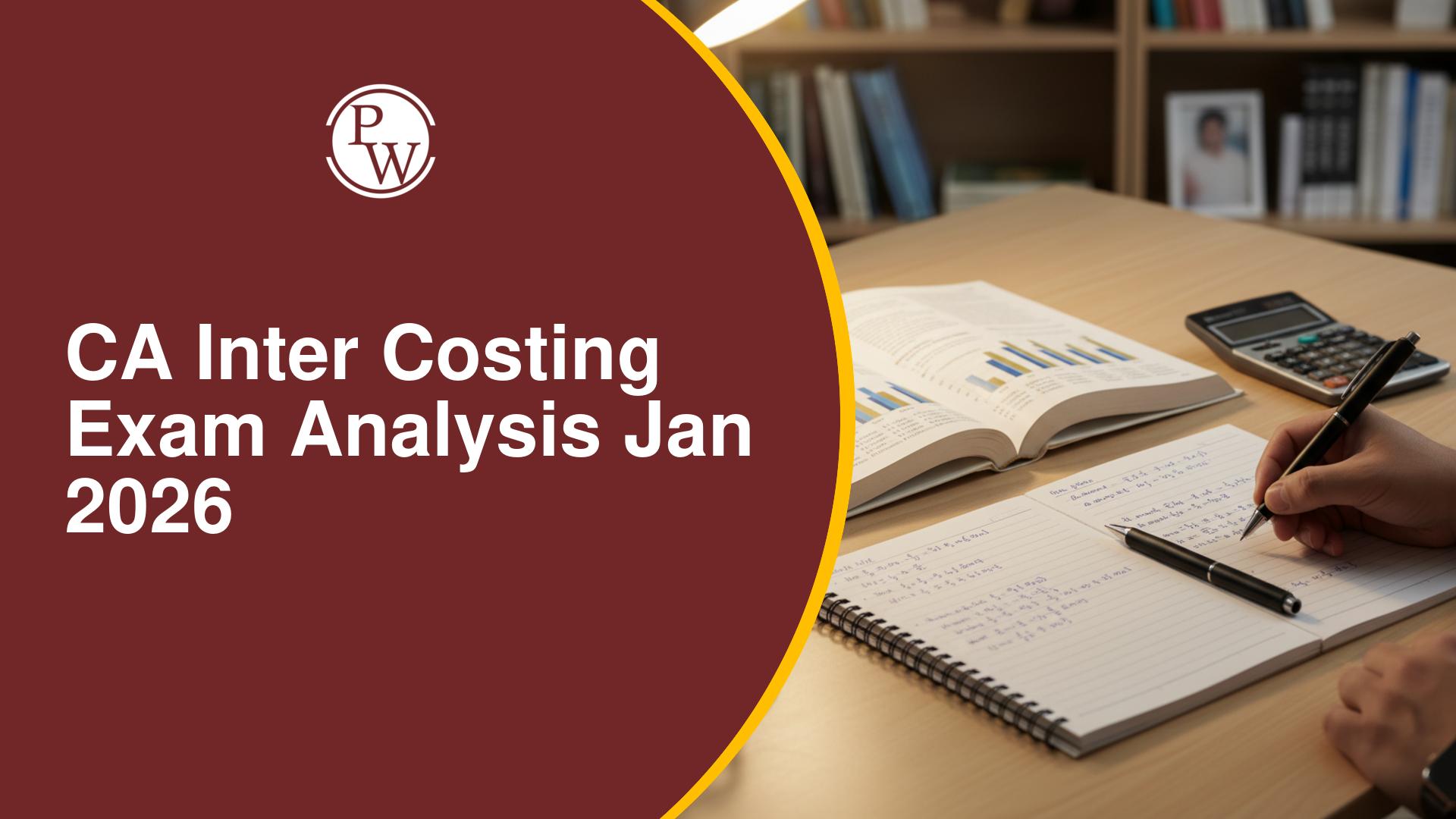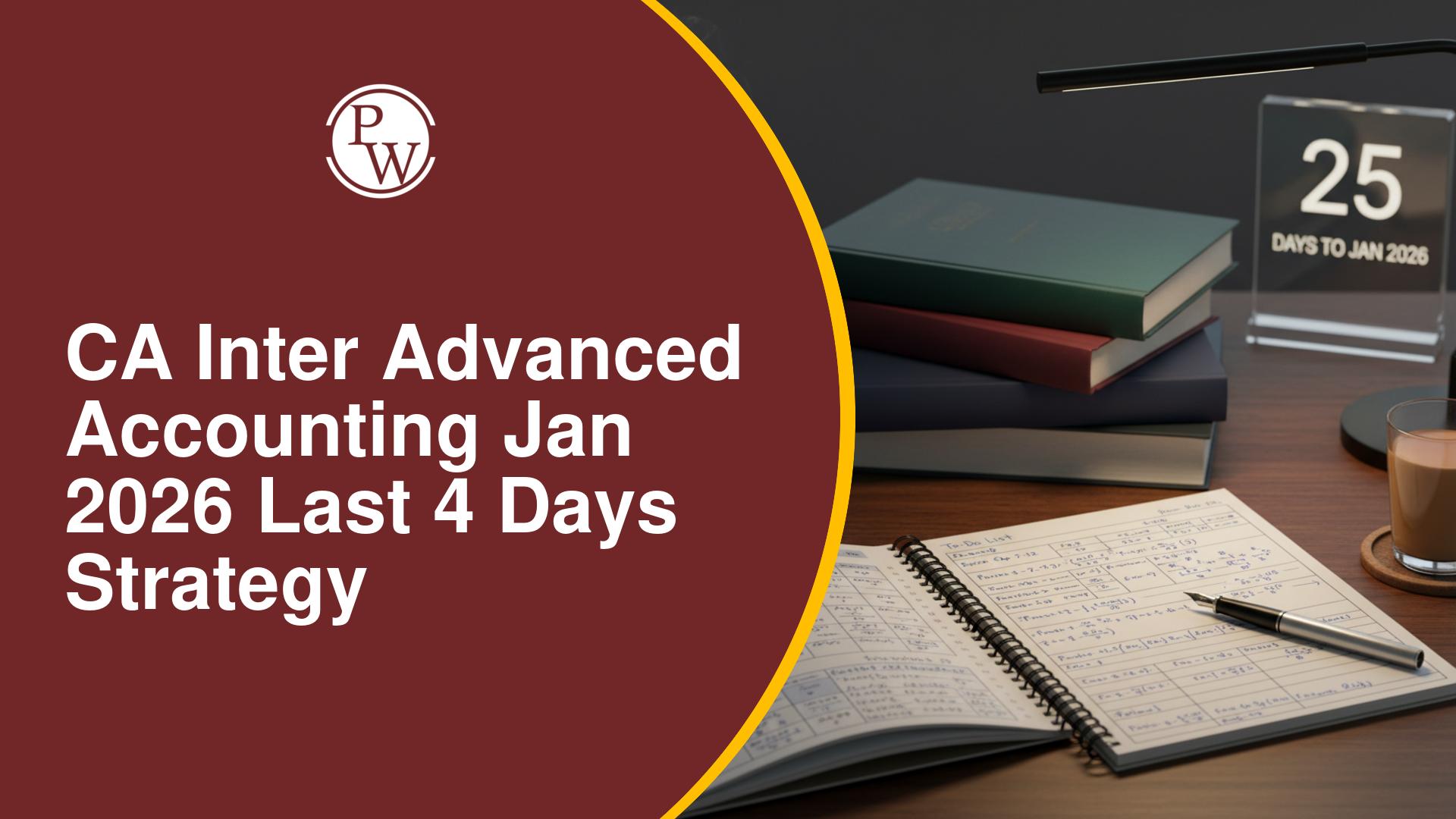
Effectively calculating overhead and business costs is essential for companies to evaluate their financial health, make informed business decisions, and set the right prices for their products and services. Service costing is a valuable tool that service-based organizations can use to gain a clearer understanding of their operational expenses and related costs.
By learning what service costing is and how it functions, you can improve the accuracy of your financial calculations. This article will define service costing for CA Exams , explain when to apply it, outline its key components, explore different types of service costing, and provide step-by-step instructions on how to calculate these costs.What Is Service Costing?
Service costing, also known as operating costing, is a method used by service organizations to identify all the expenses involved in delivering their services. This process typically includes a range of business factors such as:- Equipment costs
- Labor costs
- Fees
- Software costs
- Data storage costs
What is Service Costing Used For?
Service costing is a critical tool for companies, serving several key purposes:Ensuring Fair Prices
One of the primary reasons service organizations use service costing is to set fair prices for their intangible products. By evaluating all costs related to the conception, production, and delivery of their services, companies can determine prices that are fair to customers while still meeting their own financial goals.Controlling Costs
Service costing is also used to manage operational expenses. Companies assess their fixed costs—expenses that remain constant regardless of service production, such as rent—and variable costs, which fluctuate depending on the volume of services provided, like supply costs. By analyzing both fixed and variable costs, organizations can gain a better understanding of their financial health, create accurate budgets, and optimize their costs for better returns.Determining the Cost per Unit
Service costing helps organizations calculate the cost per unit of their services, a measure that varies by industry. For instance, in the transportation industry, units might be measured in ton-miles, while in the boiler industry, it could be per cubic centimeter liters or per 1,000 pounds. These calculations provide valuable insights into cost structures, enabling service organizations to better understand and manage their financial needs.Elements of Service Costing
When companies calculate service costs, they consider various contributing factors that can vary based on their industry and specific expenses. Here are some key elements involved in creating accurate service costing calculations:Services Offered:
Companies first analyze the specific services they provide to understand the operational costs associated with each. The uniqueness or specialization of these services also plays a significant role in determining costs.Financial Data:
Financial reports and documents, such as log sheets, bills payable, and cost sheets, are crucial for calculating service costs. These records help financial professionals accurately assess the expenses involved in delivering services.Working Capital:
The company’s working capital, or the available cash for covering expenses, is another important factor. A low working capital might indicate financial challenges, but it can also reflect a company’s efficiency in managing its resources and investing excess cash wisely.Industry-Specific Unit Costs:
Unit costs vary across industries, with each industry having its own method for calculating these costs. This variation means that service costing methods must be tailored to fit the specific industry and company needs.Experts:
Service costing often involves financial professionals who perform the calculations. Companies must decide whether to handle these assessments in-house or hire external service costing experts.Cost Allocation:
How companies allocate costs is crucial in service costing. They typically categorize expenses into fixed costs (e.g., rent) and variable costs (e.g., supplies), which influences how they format cost sheets and manage their finances.Computation Type:
Companies may calculate costs on a per-order basis or by evaluating periodic financial statements. The chosen method depends on the industry, the business model, and the services provided.Types of Service Costing
Industries often use tailored processes to calculate costs, allowing for adjustments based on specific expenses and factors unique to their field. Here's a simplified overview of how various industries approach service costing:- Hotel costing : Hotels typically face higher maintenance costs and often include depreciation in their service costing.
- Health care costing : Hospitals and health care providers use service costing to calculate fixed costs, such as labor, and variable costs, like medicine prices and fees, to better manage their services.
- Transport costing : Transport companies, such as trucking services, use service costing to determine the cost of transporting items over specific distances, helping them assess the profitability of their services.
- Energy provider costing : Energy companies factor in their energy generation methods when calculating service costs. For example, wind energy providers consider equipment depreciation and turbine maintenance.
- Food service costing : By managing food costs effectively, food service businesses can gain valuable insights into revenue and enhance their operational efficiency.
How to Calculate Service Costs?
How you calculate service costs can vary depending on your business type, the services you provide, and the industry you operate in. While these steps may need adjustment to fit your specific needs, here are some general guidelines to follow:Gather Fixed Costs
Start by collecting data on your fixed costs—expenses that remain constant regardless of the services you offer. These might include insurance, rent or mortgage payments, taxes, and interest. Knowing these costs is essential for accurately calculating unit costs in service costing.Evaluate Variable and Semi-Variable Costs
Next, assess your variable and semi-variable costs, which can fluctuate and impact your overall service costs. Variable costs change based on the services provided, such as supply expenses and certain operating or maintenance costs. Keep your figures up-to-date to reflect any changes in service costs accurately.Choose a Unit of Measurement
Selecting the right unit to measure is crucial for determining unit costs. This will vary by industry; for example, transport companies might use cost per mile driven, while hotels might measure cost per hour of cleaning services. The unit you choose should align with your industry and the specific aspects of service costing you're interested in.Calculate Your Unit Cost
Once you've gathered your fixed costs, variable costs, and chosen a unit of measurement, you can calculate the unit cost. If your calculations involve multiple variables, using a composite unit cost might be more appropriate. For instance, a hotel might calculate the unit cost of both meals served in a restaurant and the hours spent cleaning rooms. To determine the unit cost, add up all fixed, variable, and semi-variable costs, then divide by the number of units. The formula is:Unit cost = Total costs / Number of units
For example, if a hotel wants to calculate the unit cost for cleaning services, they would add labor, equipment, and supply costs, then divide by the total cleaning hours:($60 + $2.16 + $3.12) / 4 = $16.32
Here, the unit cost per hour of cleaning is $16.32. Ready to ace your CA exams? Enroll in PW CA Courses today and get expert guidance, comprehensive study material, and the confidence to succeed!| Also Check | |
| Tax Evasion | Optimal Capital Structure |
| Impact of Economic Policies on Businesses | Impact of Globalization on Local Economies |
| Marginal Costing | Benefits of Standard Costing in Manufacturing |
Service Costing FAQs
What is service costing?
Why is service costing important for businesses?
How do fixed and variable costs differ in service costing?
Can service costing be applied to all industries?
How do you calculate the unit cost in service costing?










